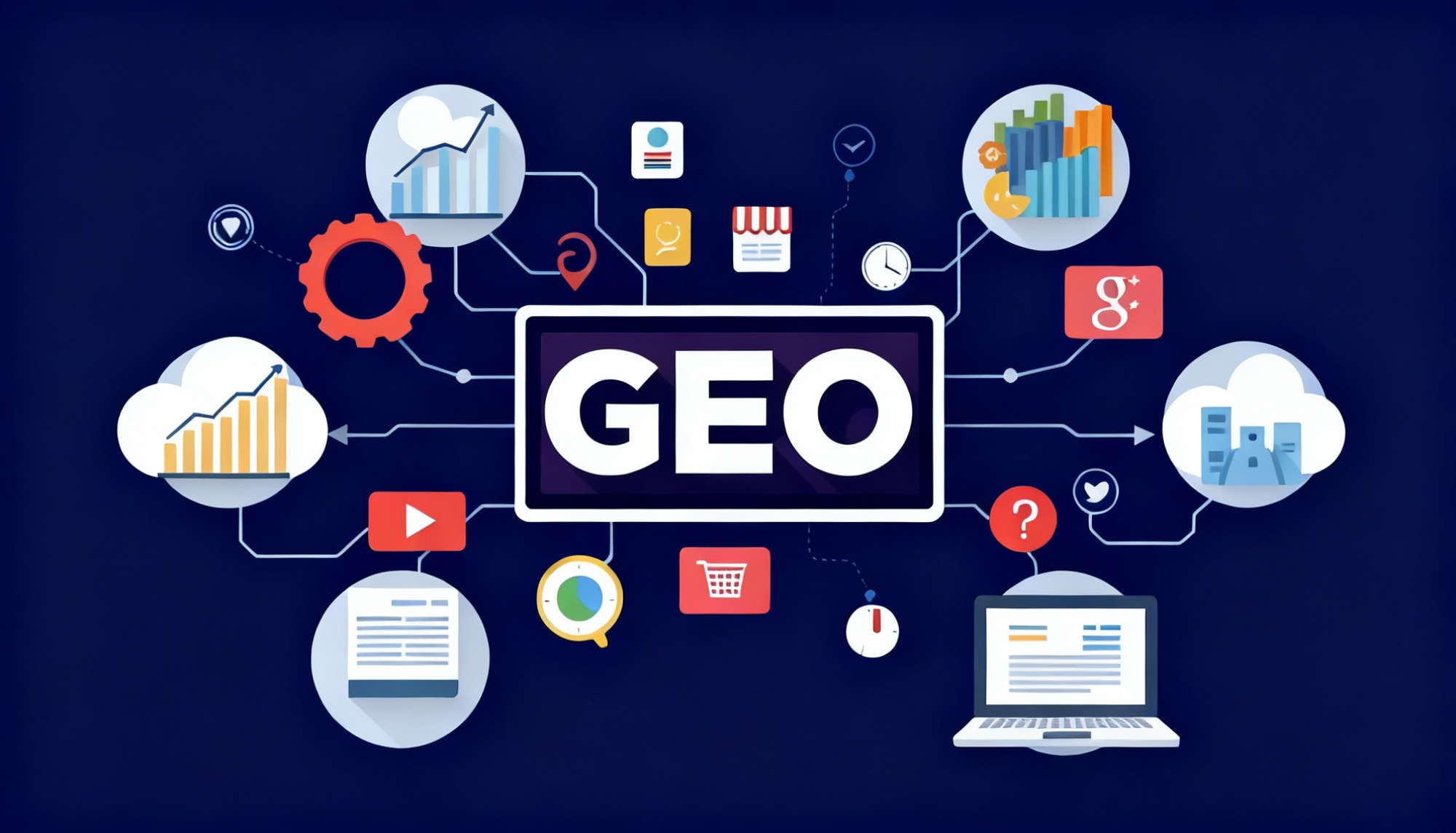In a hyper-competitive internet landscape, it is crucial that you are always updated with the latest happenings in the world’s largest search engine, Google.
Welcome to Scalenut’s #JustinOnGoogleUpdate series.
Through this series of blogs, we will help you stay on top of the latest Google updates that affect the content, SEO, and eCommerce spaces.
In yet another crackdown on spammers, Google has announced that it's releasing the October 2022 spam update.

What are spam updates?
Spam updates, in general, are Google’s way of cleansing the SERPs of not-helpful search results. This is done through an automated spam-prevention system called SpamBrain, which runs in the background and checks for malicious content in the Google search index.
Since its release in 2018, SpamBrain has been getting better at finding irrelevant web pages that are a waste of users’ time. In 2021, SpamBrain identified 6 times more spam sites than in 2020.
By cracking down on everything from bad links and phishing scams to online harassment, this AI-based system has kept more than 99% of Google searches spam-free. We, at Scalenut, are always tracking Google’s spam updates for the latest information to keep you ahead of the curve.
Why do we care, and why should you?
Spam detection is an automated process at Google. Therefore, it makes sense to know everything about the latest updates and check if your website content follows the spam guidelines.
The October 2022 spam update will take several days to roll out. As is the case with most of Google’s updates, the exact details of this update will be shared once the update is fully rolled out.
The rollout was finished on October 21, 2022. Although many website owners are still trying to figure out what happened, there are quite a few websites that witnessed a drop in web traffic.
The major reasons for the drop are the qualitative aspects of their website content - websites with thin content that is not really adding any value to the users, duplicate or keyword-stuffed meta tags, and keyword-stuffed content.
If your website is witnessing a drop in web traffic, the best course of action is to conduct a full content audit and check for qualitative improvements. Pay special attention to your meta tags and ensure that they are written for humans, not search engines.
You might also want to review the Google Search Essential guidelines for more information on SEO best practices.
We will keep updating this blog as we get more information about the spam update. So be sure to check back in a few days for more information. In the meantime, you can review Google’s spam policies.
Where can you review the spam policy?
Google has a place where its spam policies are recorded. These policies explain in detail what Google considers to be spam. This ultimately facilitates users, who love Google because of the quality of its search results.
These policies help the search engine create a safe and productive search experience for users. Most content that breaks the rules is found by automated systems with little or no help from humans.
The spam policies cover different types of malicious web pages that use cloaking, unauthorized doorways, hacked content, hidden text links, keyword stuffing, link spam, misleading features, scraped content, sneaky redirects, thin-affiliated spam, and user-generated spam.
If you are hit with this Google update, the company suggests reviewing the spam policies for possible compliance issues. To learn more about each of the spam categories identified by the search engine giant, refer to Google’s spam policies.
A flashback on previous spam update by Google
Over the years, Google has released various updates to SpamBrain. A few notable ones in the past were the November 2021 Spam Update, the June 2021 Spam Update, and the July 2021 Link Spam Update.
All of these updates were targeted at finding shady websites that use black hat SEO techniques like paid links, spammy content, and the old hook-and-bait method of writing non-informative, keyword-stuffed content.
And now, with the latest spam update, Google will further improve its search results pages, identifying spam content with new techniques derived from learning from previous updates.
That’s all about the latest happenings in the Google Search world for now. Keep watching this space to know about other developments and updates as soon as they hit the market.
About Scalenut
Scalenut is an AI-powered SEO and content marketing platform designed for SMBs, marketers, content creators, and anyone looking to increase their organic traffic and build sustainable brands. We help businesses scale their efforts to get the whole content life cycle right, from planning and research to creation to optimization.
Start scaling your content efforts with Scalenut. Sign up and unlock the power of content marketing today.








.webp)


